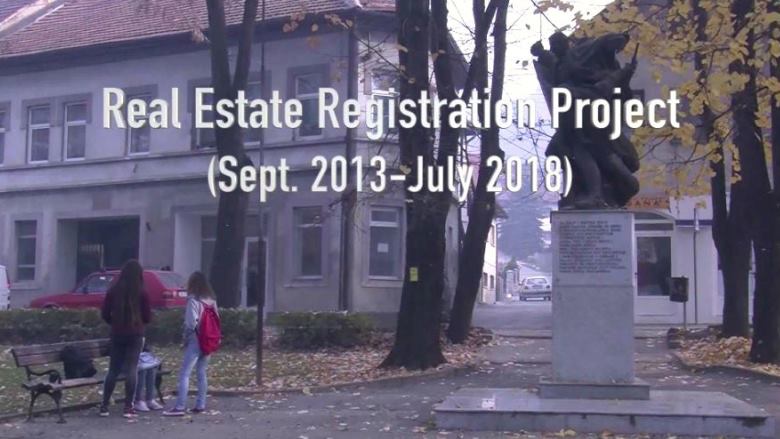Bank Group Contribution
The WBG-financed program in BiH has achieved impressive results over the past 20 years. Financial assistance during the FY12-15 CPS period slightly exceeded expectations. The CPS envisaged IDA/IBRD lending of US$348 million of which US$148 million would be IDA and US$200 million IBRD lending. At the end of this CPS cycle, US$400 million was committed (US$230 million IDA; US$170 million IBRD). Commitments exceeded original targets as the WBG responded to financial needs in the aftermath of the global crisis, e.g. by supporting SMEs’ access to finance, and for post-floods emergency recovery and reconstruction with resources obtained through IDA’s Crisis Response Window.
Partners
Development partners in BiH are working effectively together, with the country’s Reform Agenda providing a natural coordination vehicle. The engagement of all the development partners is highly complementary. The WBG in particular took the lead among the development partners and provided the bulk of the analytic work that underpinned the Reform Agenda document, and the Bank continues to conduct active policy dialogue in most areas of reform. The WBG was also the lead partner in five of the six parts of the agenda: (i) Fiscal Sustainability, (ii) Business Climate and Competitiveness, (iii) Labor Market, (iv) Social Welfare and Pension Reform, (v) Rule of Law, and (vi) Public Administration Reform. Most of the financing is provided as loans, and the WBG and EBRD were the largest lenders. The EU is by far the largest source of grant funding to BiH.
Moving Forward
The recently approved Reform Agenda presents a rare window of opportunity for structural reform in BiH, underpinned by a broad national consensus on the country’s critical challenges and priorities and the sustained support of key development partners. In view of this historic opportunity, the World Bank Group’s (WBG) Country Partnership Framework for 2016-20, approved in December 2015, will provide analysis, advice, and financing to accelerate implementation of reforms designed to restore economic growth. To design this new strategy, a systematic diagnostic analysis was carried out to clarify the challenges that BiH faces on the road to growth and prosperity and to identify possible solutions. The fundamental conclusion is that BiH can attain sustainable growth that will benefit broad groups of society only if it takes decisive steps to make the public sector leaner and more efficient and to unleash the growth and job creating potential of the private sector. Through the strategic framework, the WBG will support reforms in three areas: (1) increasing public sector efficiency and effectiveness; (2) creating conditions for accelerated private sector growth; and (3) building resilience to natural shocks. The framework includes a cross-cutting theme of inclusion that will inform the choice and design of specific interventions under the strategy to ensure that reforms are socially sustainable and that vulnerable groups are not left behind as new opportunities open up. In addition to budget support, the Bank will continue to provide financing for specific investment projects, such as upgrading and rehabilitating the road network and reforming the health sector. The framework envisions roughly US$750 million in new lending from the World Bank in the next four years, depending on the scope and pace of reform implementation. Private investors in BiH may also receive funding from the International Finance Corporation (IFC) in the range of US$70–120 million, depending on demand and market conditions, as well as guarantees from the Multilateral Investment Guarantee Agency (MIGA).
Beneficiaries
Mirsad Lavić, beneficiary of the Social Safety Nets and Employment Support Project:
“I found out through the employment agency that there is an employment project to employ people that were listed in the employment bureau. So we applied for the project through which we employed four women to work in the bakery. This has certainly been of great help from the very beginning, where in that one year we were helped in paying contributions, taxes, so we were able to employ these four workers full time. So even after the project was over, the four women continue to work in this company.”
